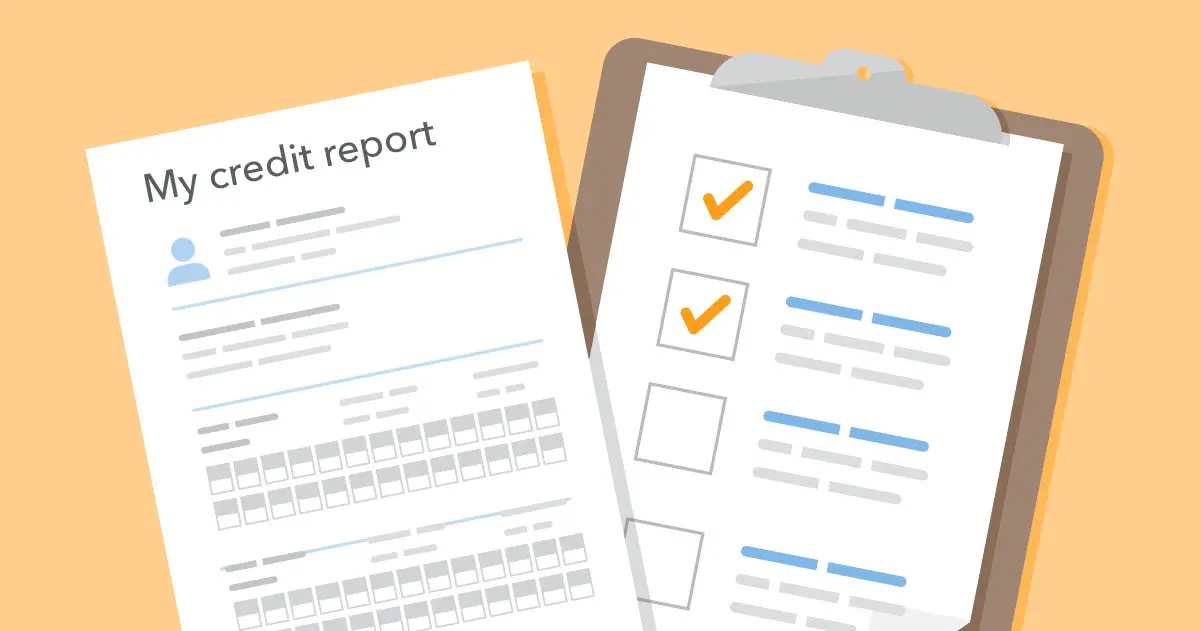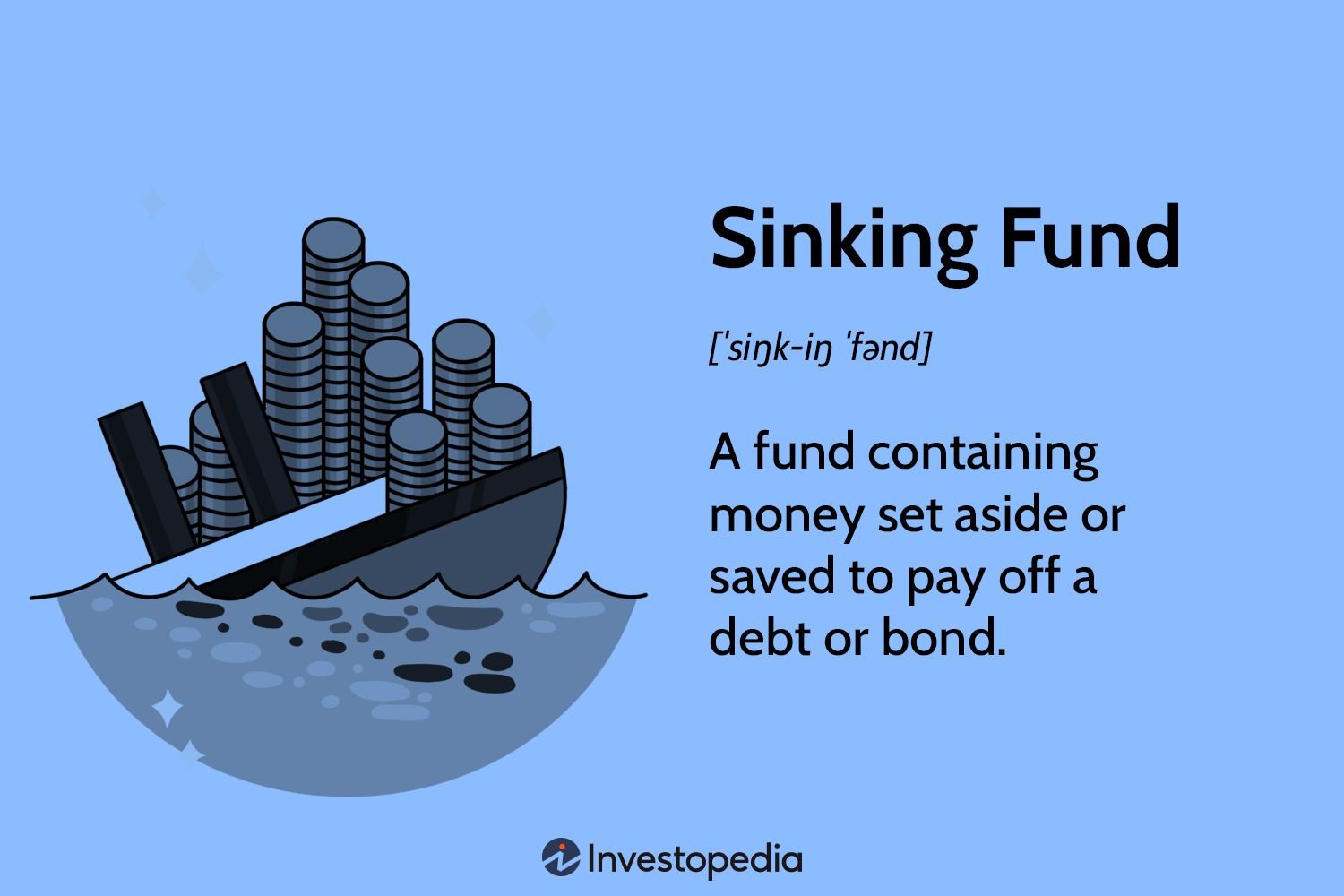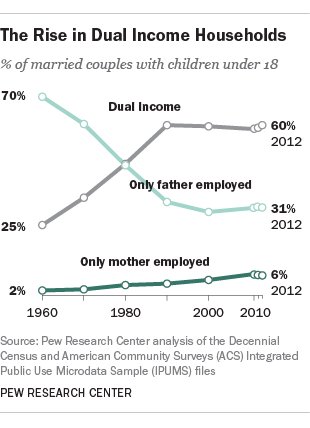Understanding consumer credit reports is essential for anyone looking to gain a clear picture of their financial health. This article will guide you through the intricacies of credit reports, empowering you to decode the information and make informed decisions about your creditworthiness. Whether you’re applying for a loan, renting an apartment, or pursuing any significant financial endeavor, comprehending your credit report is the first step towards financial success. So, let’s dive in and demystify the world of consumer credit reports together. By the end of this article, you’ll have a solid understanding of how to navigate this vital financial document.
Understanding Consumer Credit Reports
Introduction
A consumer credit report plays a vital role in financial decision-making. It provides a comprehensive overview of an individual’s creditworthiness and helps lenders determine whether to approve a loan, issue a credit card, or offer favorable terms. Understanding consumer credit reports is crucial for anyone looking to borrow money or improve their financial standing. In this article, we will delve into the components, importance, and ways to interpret and utilize credit reports effectively.
The Basics of Consumer Credit Reports
A consumer credit report is a detailed record of an individual’s credit history compiled by credit reporting agencies (CRAs). These agencies collect and maintain information from creditors, public records, and other sources to create a comprehensive snapshot of a person’s financial behavior. Here are the essential elements of a credit report:
1. Personal Information
The personal information section includes your name, address, social security number, date of birth, and employment history. This section helps identify you accurately and is crucial for matching credit information with the right individual.
2. Credit Accounts
This section provides details about your credit accounts, both open and closed. It includes information about credit cards, mortgages, car loans, student loans, and any other credit accounts you have held. Each account entry lists the creditor, account type, current balance, credit limit, payment history, and status (whether it is open or closed).
3. Payment History
Payment history is a significant component of consumer credit reports. It reflects your track record of making timely payments on your credit accounts. Any missed or late payments are also recorded here, including the number of days late and the severity of delinquency.
4. Public Records
Public records contain information obtained from government sources, such as bankruptcies, tax liens, foreclosures, and civil judgments. These negative records can significantly impact your creditworthiness and remain on your credit report for several years.
5. Credit Inquiries
Credit inquiries indicate who has accessed your credit report. There are two types of inquiries: hard inquiries and soft inquiries. Hard inquiries occur when you apply for credit, leading to a potential impact on your credit score. Soft inquiries, on the other hand, typically occur when you check your own credit report or when a creditor pre-screens you for promotional offers.
The Importance of Consumer Credit Reports
Understanding the significance of consumer credit reports is vital for anyone seeking to make informed financial decisions. Here are a few reasons why credit reports are important:
1. Creditworthiness Assessment
Lenders and creditors rely on credit reports to evaluate the risk associated with lending money to individuals. A positive credit history with a demonstrated ability to manage credit responsibly increases the chances of obtaining favorable loan terms, lower interest rates, and higher credit limits.
2. Loan Approvals
When you apply for a loan or credit card, lenders review your credit report to determine your eligibility. A positive credit report enhances your chances of approval, while a negative report may lead to rejection or the need for additional collateral.
3. Employment Considerations
Some employers review credit history as part of their hiring process, particularly for positions that require financial responsibility or access to sensitive information. A strong credit report demonstrates financial reliability and may positively impact employment prospects.
4. Renting a Home
Landlords often conduct credit checks on potential tenants to assess their financial reliability and ability to pay rent on time. A favorable credit report can increase your chances of securing a lease agreement in competitive rental markets.
Interpreting Consumer Credit Reports
Interpreting a consumer credit report may seem daunting at first, but breaking it down into manageable sections can simplify the process. Here’s how you can decipher the information presented in your credit report:
1. Review Personal Information
Start by reviewing the personal information section of your credit report to ensure accuracy. Any discrepancies or misspellings should be addressed promptly, as they may affect your credit applications.
2. Assess Credit Accounts
Examine the credit accounts section to gain insights into your borrowing history. Pay attention to details such as credit limits, outstanding balances, and payment history. Timely payments and low credit utilization ratios reflect positively on your creditworthiness.
3. Check Payment History
Payment history is a critical aspect of your credit report. Scan for any missed or late payments and note the severity and frequency. Consistently making payments on time helps build a positive credit history.
4. Evaluate Public Records
Public records, such as bankruptcies or tax liens, can significantly impact your creditworthiness. If you find any inaccuracies or outdated information, follow the appropriate steps to dispute them and have them removed from your report.
5. Understand Credit Inquiries
Pay attention to the number and types of credit inquiries listed on your report. Multiple hard inquiries within a short period may adversely affect your credit score, while soft inquiries have no impact. Monitor your credit inquiries to identify any unauthorized access to your report.
Utilizing Consumer Credit Reports
Consumer credit reports provide valuable insights that can help individuals improve their financial health and make better borrowing decisions. Here’s how you can leverage your credit report effectively:
1. Identify Areas for Improvement
By reviewing your credit report, you can identify areas that need improvement. If you notice late payments or high credit utilization, for example, you can develop a plan to prioritize timely payments and reduce outstanding debts.
2. Dispute Inaccurate Information
If you find any inaccuracies or discrepancies on your credit report, take immediate action to dispute them. Contact the credit reporting agency in writing, including any supporting documentation to substantiate your claim. Promptly resolving errors can help improve your credit score.
3. Maintain Good Payment Habits
Consistently making payments on time is crucial for maintaining a positive credit history. Set up automatic payments or reminders to ensure you never miss a payment. Over time, responsible payment habits will significantly improve your creditworthiness.
4. Monitor for Fraudulent Activity
Regularly reviewing your credit report allows you to detect any signs of fraudulent activity or unauthorized accounts. If you notice unfamiliar accounts or suspicious inquiries, report them to the relevant authorities and take necessary steps to protect your identity.
5. Limit New Credit Applications
Excessive credit applications can have a negative impact on your credit score. Before applying for new credit, carefully evaluate your need and consider the potential consequences. Each application typically results in a hard inquiry, which can temporarily lower your score.
Understanding consumer credit reports is vital for navigating the world of credit and financial decisions. With an appropriate grasp of the various sections and their significance, individuals can harness the power of credit reports to their advantage. Regularly reviewing and utilizing credit reports enables individuals to improve their creditworthiness, manage debts effectively, and make informed financial choices. Remember, a good credit report opens doors to better loans, increased borrowing capacity, and improved financial stability.
Credit Scores and Credit Reports Explained in One Minute
Frequently Asked Questions
Frequently Asked Questions (FAQs)
What is a consumer credit report?
A consumer credit report is a detailed record of an individual’s credit history and financial information. It includes personal information such as name, address, Social Security number, as well as credit accounts, payment history, and public records like bankruptcies or liens.
Why is it important to understand my consumer credit report?
Understanding your consumer credit report is crucial because it provides insights into your financial health and helps you make informed decisions. It allows you to monitor your credit score, identify potential errors or fraud, and assess your eligibility for loans, credit cards, or other forms of credit.
How can I obtain a copy of my consumer credit report?
You can obtain a free copy of your consumer credit report once a year from each of the nationwide credit bureaus: Equifax, Experian, and TransUnion. You can request it online, by mail, or by phone. Additionally, some credit monitoring services provide access to credit reports and scores.
What factors affect my credit score?
Several factors contribute to your credit score, including payment history, amounts owed, length of credit history, types of credit used, and new credit. Payment history and amounts owed typically carry the most weight in determining your credit score.
How long does information stay on a consumer credit report?
In general, negative information such as late payments or delinquencies can stay on your credit report for up to seven years. Bankruptcies can remain for up to ten years. Positive information, such as timely payments and good credit behavior, can stay on your report indefinitely.
Can I dispute errors on my consumer credit report?
Yes, if you find any inaccuracies or errors on your consumer credit report, you have the right to dispute them. Contact the credit bureau in writing, provide supporting documentation, and explain the error. The bureau is required to investigate and correct any inaccurate information.
How can I improve my credit score?
To improve your credit score, focus on paying bills on time, reducing credit card balances, and refraining from opening multiple new credit accounts. Regularly monitoring your credit report and addressing any errors or inaccuracies can also help improve your credit score over time.
Can checking my own credit report impact my credit score?
No, checking your own credit report does not impact your credit score. It is considered a soft inquiry, which does not affect your creditworthiness. However, hard inquiries made by lenders when you apply for credit can have a slight impact on your score.
Final Thoughts
Understanding consumer credit reports is essential for individuals looking to improve their financial health. By familiarizing oneself with the components of a credit report, such as payment history, credit utilization, and account balances, one can gain valuable insights into their financial standing. Moreover, understanding how credit scores are calculated and what factors can impact them allows consumers to make informed decisions regarding their finances. Regularly reviewing credit reports also enables individuals to identify and address any errors or discrepancies that may be negatively affecting their creditworthiness. Being knowledgeable about consumer credit reports empowers individuals to take control of their financial well-being and work towards achieving their financial goals.



